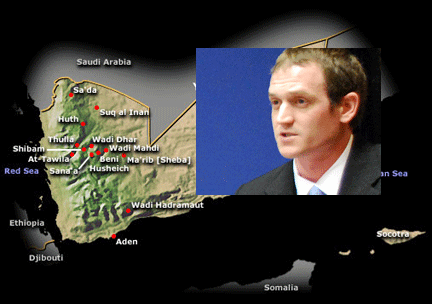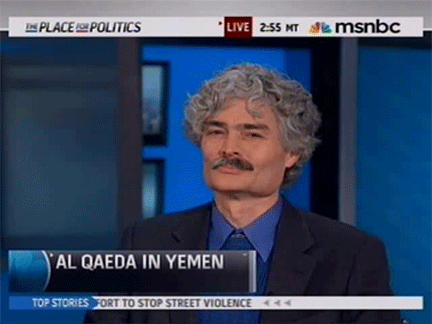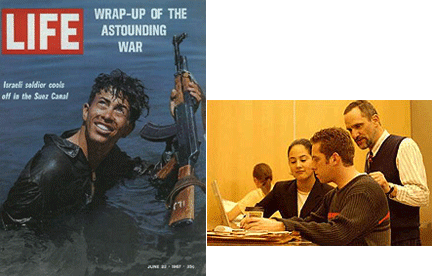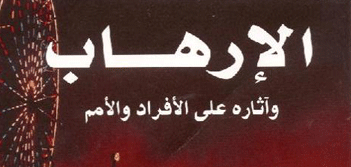
King Hussein with Queen Noor, 1985; Photograph by Carol Spencer Mitchell
[Webshaykh’s note: Carol Spencer Miller (1954-2004) worked as a photojournalist in the Middle East, covering the crises there for some of the major American and european journals and newspapers. She had access to the elites, including King Hussein and Yassir Arafat, as well as ordinary people. Although she died before publishing her reflections on this experience, her book has been edited by her sister as Danger Pay: Memoir of a Photojournalist in the Middle East, 1984-1994 and is now available as an intriguing first-person memoir of events that seem to recycle more than disappear from the news cycle. I provide here a second excerpt about her interview with King Hussein about the murder of his grandfather in which he himself was almost killed.]
On the Loss of His Grandfather
CS: What do you remember about the day your grandfather was assassinated?
KH: (He is silent for a moment,) You want me to go through the whole experience? I remember it very vividly … very vividly. (He is silent again.)
My grandfather was everything to me – a father, an example – who a few days before had asked me a strange question, which I’ve tried to live up to ever since. He asked me to ensure that his work was no lost and that I would continue to serve the Arab nation and this country as he had done. That particular day, I went with him to the city of Nablus because people insisted that we spend the day with them. We had the intention to go pray at the Al-Aqsa Mosque. I remember being in the uniform that he insisted I wear that morning. It was the only one that I had. I remember the meeting that he had in Jerusalem with certain Palestinians that fateful Friday. I remember him speaking about his relations with some of them. The fact that his differences with people were not always of a personal nature, but were matters of policy and approach. I remember him speaking of death and that he wished he would go while he was still in possession of his faculties and the best way in his view would be from a bullet from an unknown assailant. Continue reading On the loss of his grandfather






